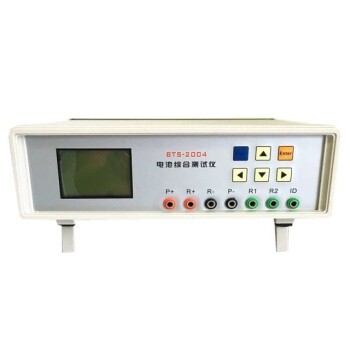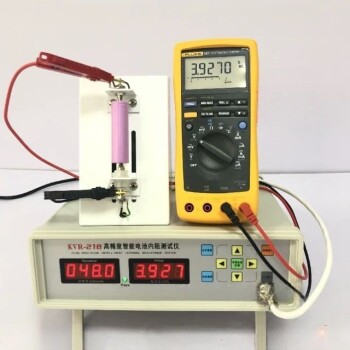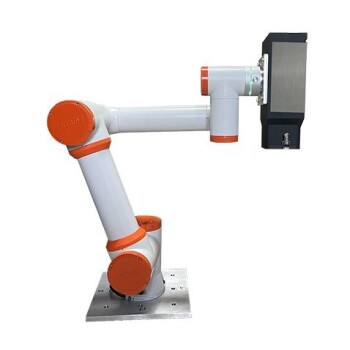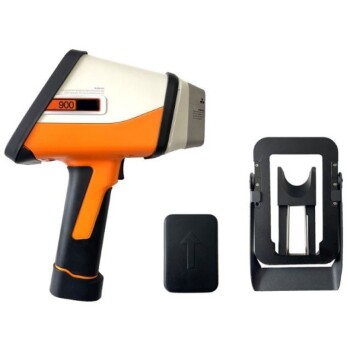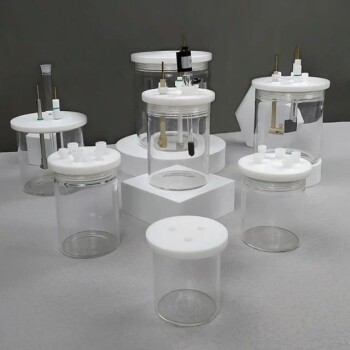Soil testing is a crucial tool for understanding the health and suitability of soil for agricultural and ecological purposes. By analyzing various parameters, soil tests can reveal critical information about the soil's composition, fertility, and potential hazards. Here are five key aspects a soil test can reveal.
5 Key Insights a Soil Test Can Provide

1. Presence of Heavy Metals
Soil tests, particularly those using X-ray fluorescence analysis, can accurately detect the presence of heavy metals in the soil. This method is efficient and provides comprehensive information about the elemental composition of the soil.
Heavy metals can pose significant threats to the ecological balance and human health. Excessive levels can harm soil organisms, reduce biodiversity, and affect the fertility of the soil. Monitoring these levels helps in managing and mitigating potential environmental and health risks.
2. Nutrient Levels
Soil tests can determine the levels of essential nutrients such as phosphorus, potassium, calcium, magnesium, sodium, sulfur, manganese, copper, and zinc.
Adequate levels of these nutrients are crucial for the healthy growth of plants. Understanding the nutrient composition helps in making informed decisions about fertilization and soil amendments, ensuring optimal plant health and productivity.
3. pH Levels
Soil tests measure the pH level, which indicates the soil's acidity or alkalinity.
The pH level influences the availability of nutrients to plants and can affect soil microbial activity. Maintaining an appropriate pH is essential for nutrient uptake and overall soil health.
4. Biological Health
Soil tests can indirectly assess the biological health by examining the presence and activity of various organisms, including microorganisms, invertebrates, and earthworms.
The presence of diverse organisms contributes to soil fertility and structure. Excessive heavy metals can disrupt this balance, leading to reduced biodiversity and soil functionality.
5. Presence of Soil Enzymes
Soil enzymes play a crucial role in nutrient cycling and soil fertility. They catalyze various biochemical reactions essential for soil health.
While not all soil tests specifically measure enzymes, understanding the overall soil health can provide insights into enzyme activity. Monitoring soil enzymes helps in assessing the biological activity and potential fertility of the soil.
By conducting soil tests, agricultural professionals and ecologists can make informed decisions to maintain and improve soil quality, ensuring sustainable agricultural practices and preserving ecological balance.
Continue exploring, consult our experts
Ready to unlock the full potential of your soil and drive sustainable agricultural practices? Partner with KINTEK SOLUTION for cutting-edge soil testing solutions that reveal the hidden truths about your soil's health. From heavy metal detection to nutrient profiling, our state-of-the-art equipment and expert analysis ensure accurate insights for optimal plant growth and ecological balance. Don't leave your soil's future to chance—Contact KINTEK SOLUTION today and take the first step towards healthier soil and a greener future.


